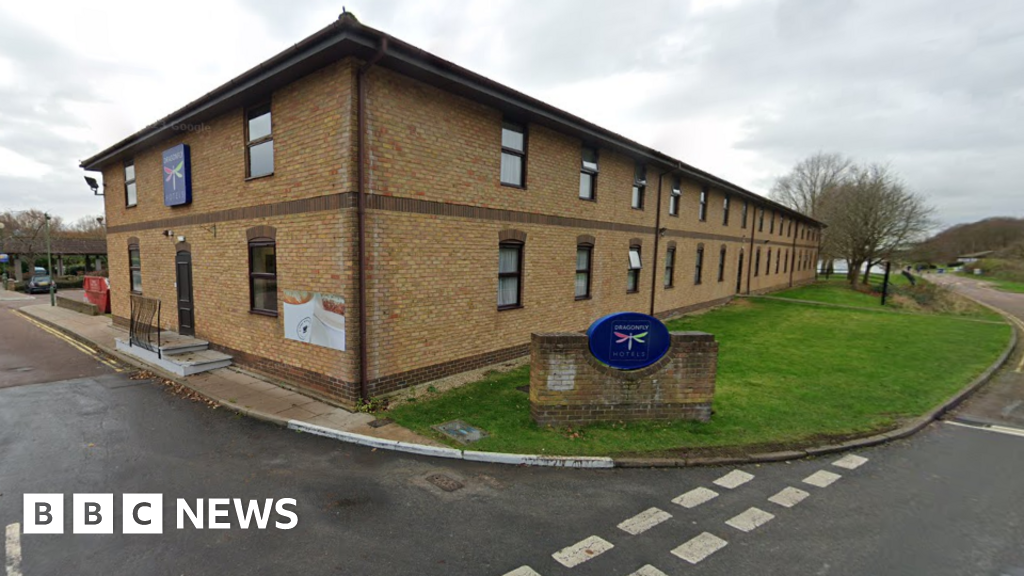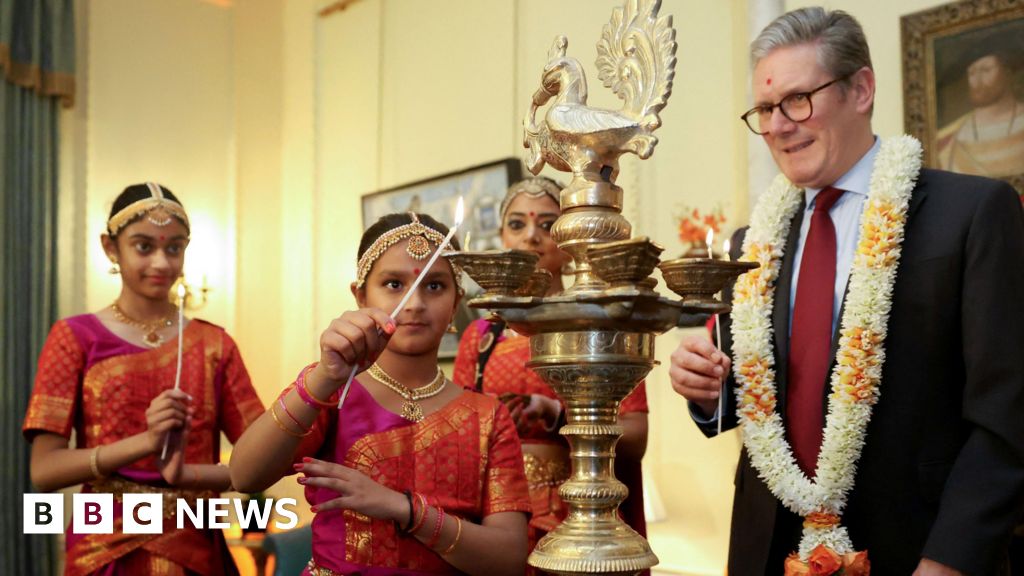ARTICLE AD BOX
Boris Johnson rejects claims his Covid policy was "let it rip" across UK
Boris Johnson has insisted he did not pursue a "let it rip" strategy during the coronavirus pandemic.
Giving evidence to the Covid inquiry, he said he did offer counter arguments in order to challenge the consensus in meetings.
He argued his actions proved he worked to curb the virus, rather than allowing it to spread through the population.
He also rejected the idea that he was slow to act when cases began rising again in the autumn of 2020.
This was Mr Johnson's second day of giving evidence to the public inquiry.
During the session, he was pressed on decisions he made ahead of the second wave of Covid.
In summer 2020, the government, in a bid to boost the hospitality sector, launched the Eat Out to Help Out scheme, where diners were given discounts on their restaurant meals.
Mr Johnson said the measure was not seen as a "gamble" when introduced and that he had not subsequently not seen evidence that proved it "made a big difference" to the infection rate.
There has been conflicting evidence as to whether the scheme did propel the virus, and a surge of cases in the UK mirrored rises in other European countries, which did not have the scheme.
In previous hearings, the inquiry has been told that neither senior scientific advisers nor Matt Hancock, health secretary at the time, were told about the scheme before it was announced.
'Running out of road'
Mr Johnson said he was "perplexed" at the suggestion top advisers had been unaware of the plan, adding that it was not a secret and had been "discussed several times in meetings in which I believe they must have been present".
The former prime minister was also asked why he didn't accept recommendations from advisers to introduce a circuit breaker - a short-term, limited lockdown - in mid-September 2020.
Mr Johnson said he put other restrictions in place including implementing a 10pm curfew and advising people to work from home.
He added that he introduced the tier system, which saw different areas placed under different restrictions based on the prevalence of Covid locally.
He acknowledged that tiers did not work describing them as "divisive and difficult to implement" involving "laborious" negotiation over financial support.
However, he said it was "worth a try" and could have worked if put in place "harder and faster". By October it was clear the system was "running out of road", he added.
Tiers were eventually abandoned in favour of nation-wide lockdowns, which saw schools in England closed in early January.
Mr Johnson said he was "desperate" to keep schools open but that "it just wasn't a runner" given schools were "terrific reservoirs" of the virus.
The inquiry was shown extracts from the diary of Sir Patrick Vallance, the government's chief scientific adviser during Covid, in which he says Mr Johnson "argues that we should let it rip a bit".
Asked by the inquiry's counsel if this stance prevented him from introducing a national lockdown until "the last possible moment", Mr Johnson replied: "No, the implication that you're you're trying to draw from those conversations is completely wrong.
"My position was that we had to save human life at all ages.
"If you look at what we actually did, never mind the accounts that you have culled from people's jottings from meetings... if you look at what we actually did, we went into lockdown as soon as we could.
"I had to challenge the consensus in the meeting."
'Travesty of truth'
The hearing also covered Partygate - social events in Downing Street which broke Covid rules and led to Mr Johnson receiving a fine.
Mr Johnson said he apologised and said he wished he had told his staff to make sure they were following the guidance properly.
However, he also fiercely attacked media coverage of the events, saying they were a "travesty of the truth" and "a million miles from reality".
He said civil servants had worked very hard and that it was "logistically impossible" to follow the guidance at all times given the number of meetings being held in No 10 during the pandemic.
Mr Johnson also robustly defended himself against accusations that he did not care about people's suffering during the pandemic.
Becoming emotional, he recalled his time in intensive care after contracting Covid.
More on Covid and the Covid Inquiry
"I saw around me a lot of people who were not actually elderly - in fact, they were middle aged men and they were quite like me.
"And some of us were going to make it and some of us weren't.
"I knew from that experience what an appalling disease this is... To say that I didn't care about the suffering that was being inflicted on the country is simply not right."
Mr Johnson's successor Prime Minister Rishi Sunak is due to give evidence to the inquiry on Monday.

 11 months ago
16
11 months ago
16








 English (US)
English (US)